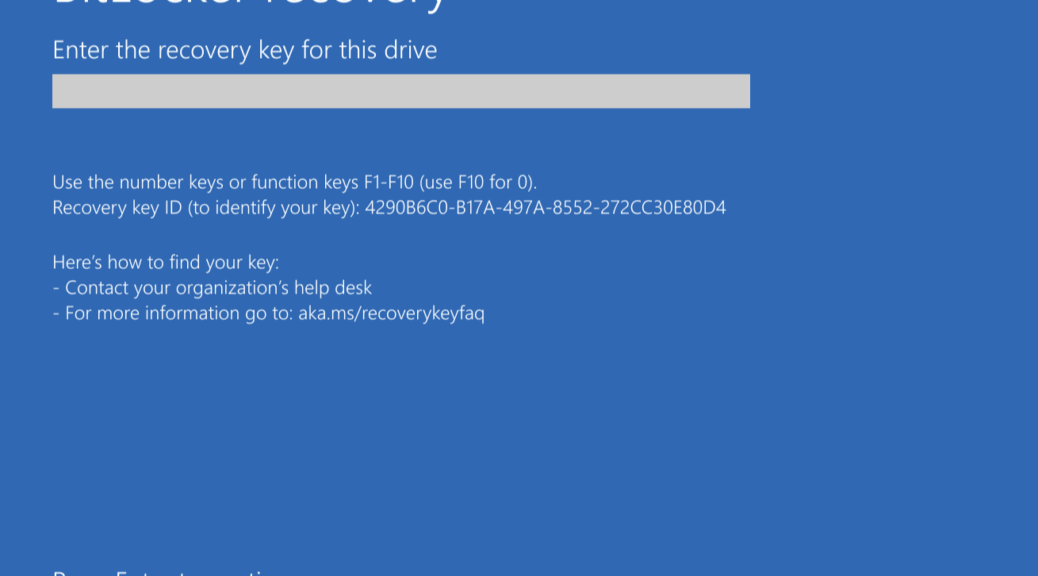Apparently, ARM64 compatibility issues can bite in unexpected — and time-consuming — ways. Yesterday, I decided to upgrade the ThinkPad T14s that Lenovo has loaned me to Beta build 26220.7262. Bad move! Instead of rebooting to the post-GUI installer after the first reboot, I found myself stuck in a boot loop around BitLocker recovery. I’d enter the key, get it confirmed as correct, then circle right back to the initial BootLocker Recovery screen. Safe to say that escaping BitLocker Recovery loop poses problems on this otherwise spiffy little laptop.
Escaping BitLocker Recovery Loop Poses Problems, But…
Indeed, I spent most of the afternoon trying to build and run a suitable bootable UFD from which to re-install Windows 11 on the T14s. Here’s what I learned along the way:
- One shouldn’t use miniUFDs for bootable media on ARM PCs: they’re too slow
- The port matters when trying to boot from a UFD
- It’s necessary to turn Secure Boot off in UEFI before you can boot from a UFD
- Rufus has problems with building bootable media for UFDs on ARM PCs
- I couldn’t get Ventoy to mount and run the ISO I painstakingly built via UUPDump to run setup.exe, either
Long story short: it’s incredibly challenging to repair an ARM PC with low-level problems (like my BitLocker Recovery loop) using only Intel and AMD x64 PCs. For the moment, I’m stuck!
What’s Next? Tune in Tomorrow for Pt2
In reading Windows news this morning, I learned that Best Buy is offering Asus Zenbook A14 Snapdragon X laptops for US$550. Further, they’ll give me US$250 to trade in my X380 Yoga. That means, with tax and such, I’ll get another Snapdragon X laptop for Chez Tittel for under US$400. I’m going out to pick it up later today, or tomorrow morning.
Hopefully, I’ll be able to build bootable media for the T14s that actually works using the same architecture to built the tools that I must then run. We’ll see. In the meantime, I’m distressed and amazed that previously dead easy tasks — e.g. building and using recovery media for Windows repair — has completely failed here at Chez Tittel. THIS is the kind of unpleasant surprise that pops up here in Windows-World. Hopefully, I’ll be able to weather that storm. Sigh.

Apparently, I can’t keep pressing my point enough about Bitlocker. Bitlocker is detrimental to SSD sequential write speed.
Disable Bitlocker and safe yourself from all of these needless hassles.
Typo correction: “save” yourself…